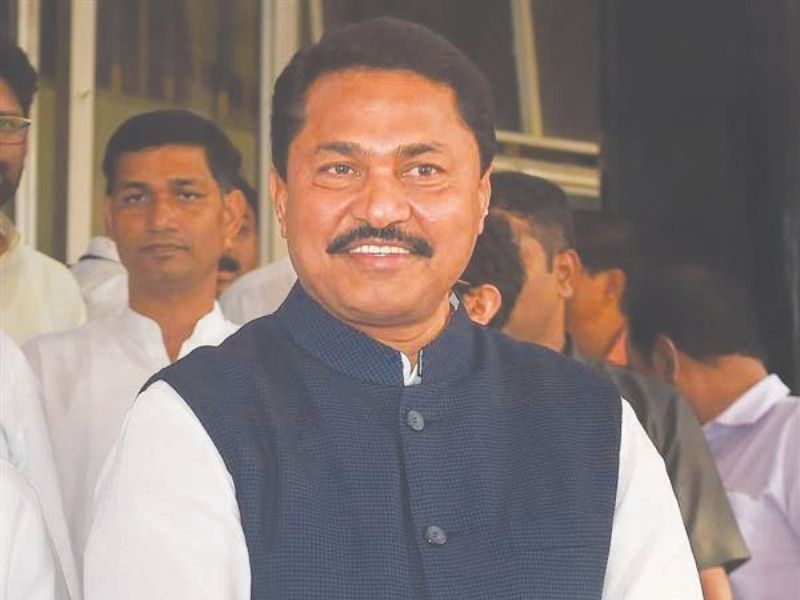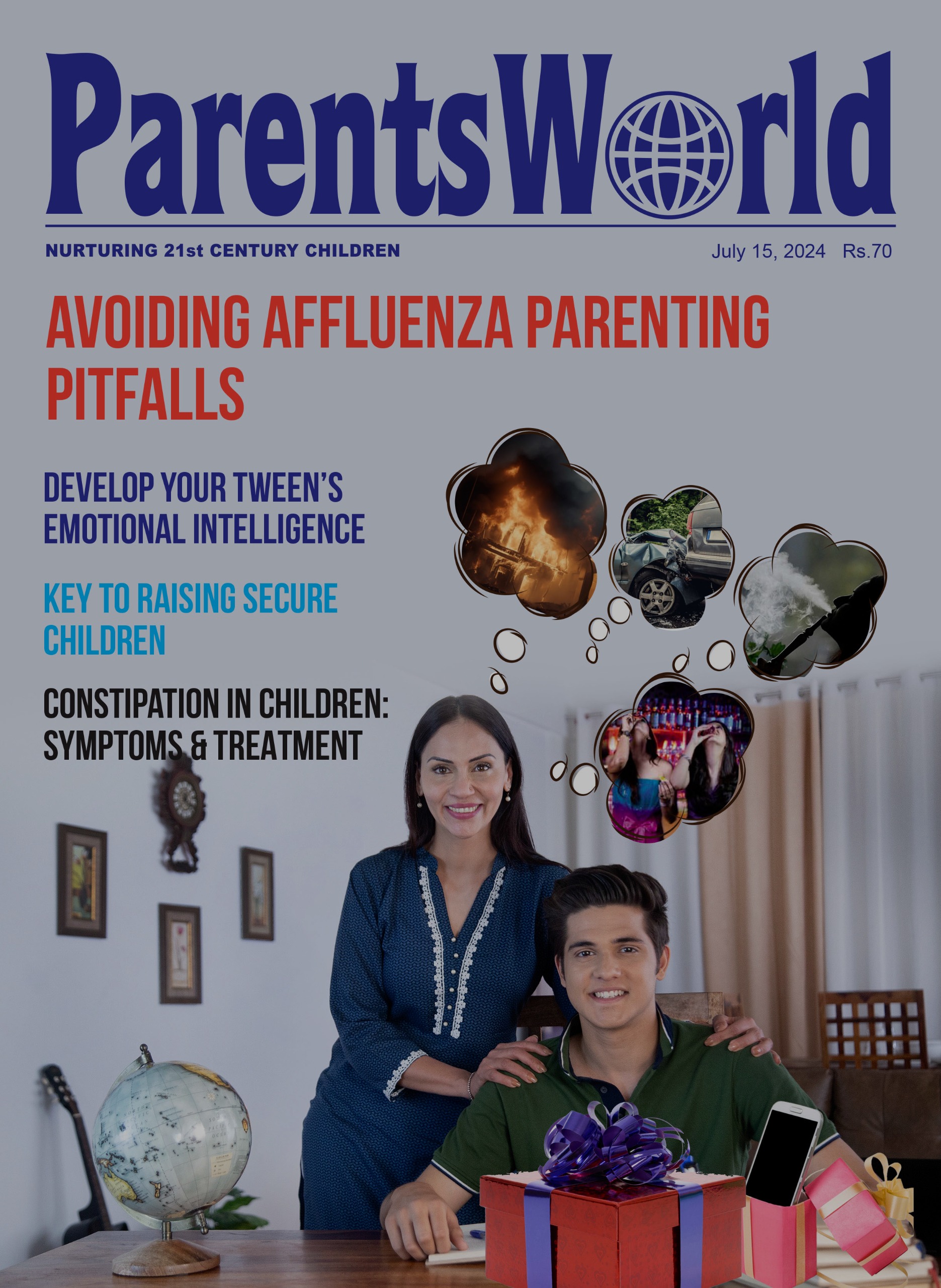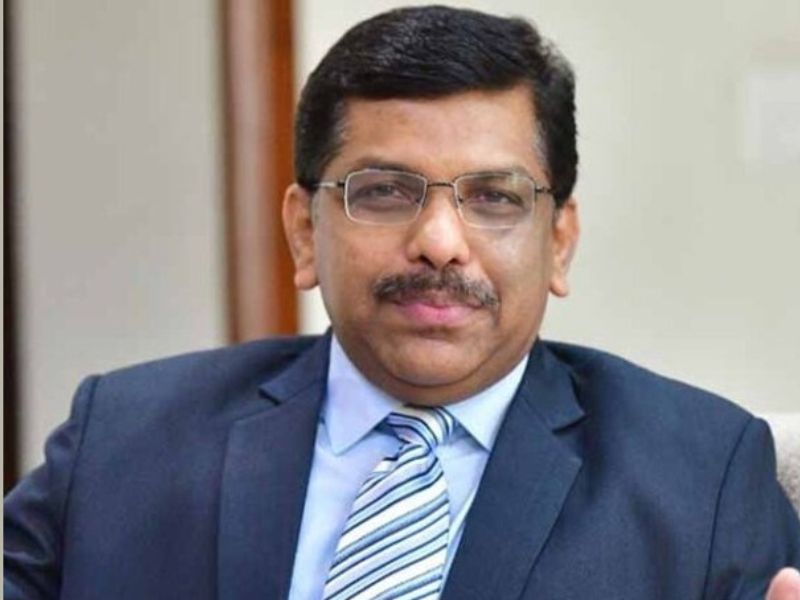The State’s Maharashtra Vikas Aghadi (MVA) government, an alliance of the Shiv Sena, Congress and Nationalist Congress Party, which was hastily cobbled together in November 2019 to shut the BJP out of power in India’s most industrialised state, has made common cause with the DMK government of Tamil Nadu in its opposition to NEET (National Eligibility-cum-Entrance Test) — the common exam that determines admission to all 542 medical colleges — government, deemed universities and private — countrywide. While the recently elected DMK government has moved quickly to enact the Tamil Nadu Admission to Undergraduate Medical Degree Courses Act, 2021, on September 13, to eliminate the compulsory status of NEET for TN students, Maharashtra’s MVA government has initiated a “review” of the compulsory status of NEET and its impact on admission prospects of students, especially those from socially backward classes, into the state’s 55 medical colleges.
The rationale of NEET introduced by the Congress-led UPA-II government in 2012 is that a common entrance exam for aspiring medical practitioners would save students the trouble of writing multiple state government and private college entrance exams. Prior to legislation of NEET, higher secondary school-leavers wrote several entrance exams to improve their chances of admission into medical college. In Maharashtra, while the state government conducted a common entrance test MH-CET, students also wrote the Asso-CET (conducted by the Association of Managements of Private Medical and Dental Colleges) for admission into private medical colleges (affiliated with the Maharashtra University of Health Sciences), and also exams conducted by deemed universities offering medical degree programmes.
Inevitably, NEET was opposed by state governments and private colleges as it would dilute their discretionary power to admit students. Under NEET, one national exam conducted by the National Testing Agency would create a national master list with all medical colleges inviting applications indicating admission cut-offs (minimum grades) required.
Following four years of litigation, a three-judge bench of Justices Anil R. Dave, Shiva Kirti Singh and A.K. Goel upheld NEET on April 28, 2016. The Lok Sabha passed a Bill mandating the conduct of one common exam for medical and dental courses on July 18, 2016 and the first NEET was conducted in two phases on May 1 and July 24 in its debut year (2016). NEET has since been the sole gateway for admissions to study all branches of medicine — MBBS (bachelor of medicine and bachelor of surgery), BDS (bachelor of dental surgery), BAMS (bachelor of Ayurveda medicine and surgery), BHMS (bachelor in homeopathic medicine and surgery) and other undergraduate medical courses in approved medical, dental, AYUSH and other institutions.

Nana Patole: tilted playing field fear
A second reason for states’ opposition to NEET is that higher secondary graduates from state board schools tend to be less successful in the pan-India NEET. In a letter written to Maharashtra chief minister Uddhav Thackeray, state Congress chief Nana Patole has demanded the NEET exam be scrapped for Maharashtra since instances of question papers being leaked and imposters writing the exam are increasing. Also NEET questions based on the pan-India Central Board of Secondary Education (CBSE) and the Council of the Indian School Certificate Examinations (CISCE) syllabuses are skewed to favour students from national boards, placing state board students at a disadvantage.
“In Maharashtra too, the playing field will be tilted against students from state board-affiliated schools. Therefore, it would be beneficial for students to be admitted in Maharashtra’s 55 medical (public and private) colleges according to their grades/score in the class XII exams of any exam board,” argues Patole.
But although state governments and private medical colleges oppose NEET, a large and growing number of parents and their associations are satisfied with this single national exam. “Any government looking to end injustice against the middle class or socially backward classes would not want to revert to the old system in which students were forced to write multiple exams and private medical colleges had free rein during admissions.
If the MVA government is truly interested in providing a level playing field for state board students, it should accept the NCERT (National Council of Educational Research and Training) model syllabus for government and Maharashtra state board schools and provide free coaching to state board students,” says Sudha Shenoy, executive president, Save Merit, Save Nation (Maharashtra chapter).
In this connection, it’s also important to bear in mind that Patole’s recommendation to the MVA government to permit Maharashtra’s medical colleges to admit students on the basis of class XII scores is based on the presumption that the Tamil Nadu Admission to Undergraduate Medical Course Act, 2021, will stand the test of constitutional legitimacy. Down south, several writ petitions challenging the constitutional validity of the Act are being filed. And in light of the three-judge bench of the apex court having already approved NEET on April 28, 2016, the Tamil Nadu legislation is likely to be struck down.
In the circumstances, the Maharashtra state government’s best option is to accept NEET and upgrade state board schools. Or wait and watch.
Dipta Joshi (Mumbai)
Also read: ‘NEET is dangerous to the robust public health system prevailing in Tamil Nadu’
























